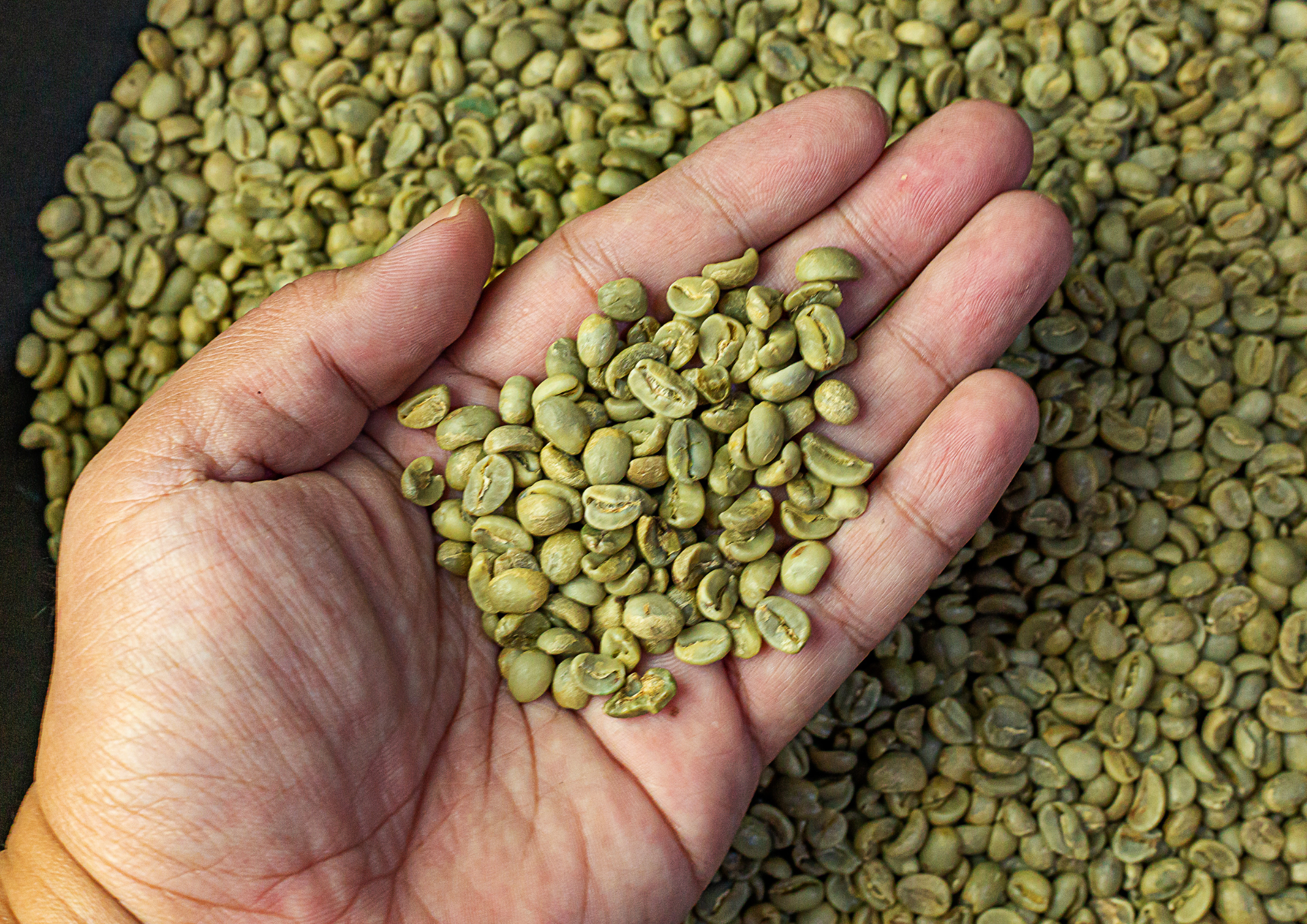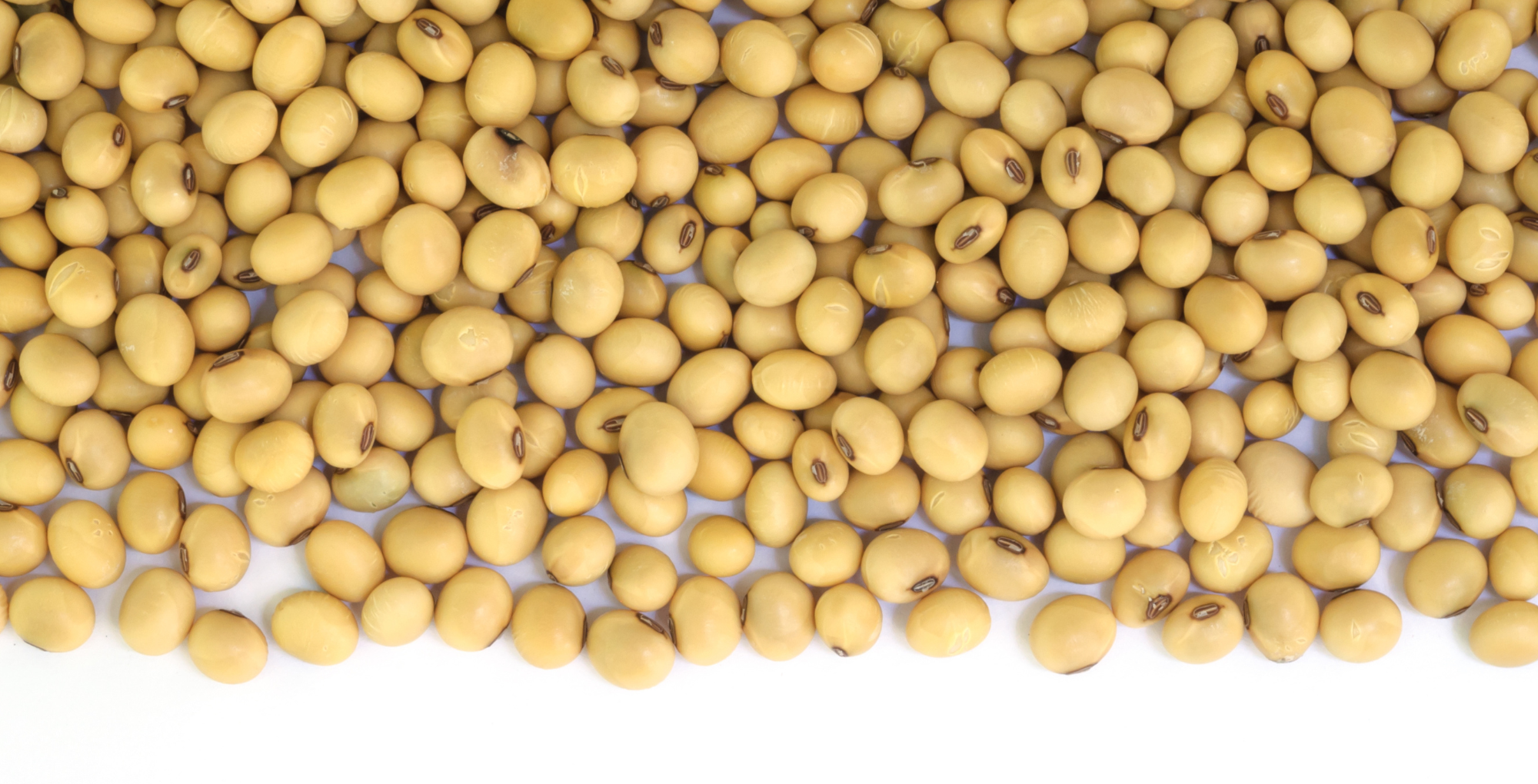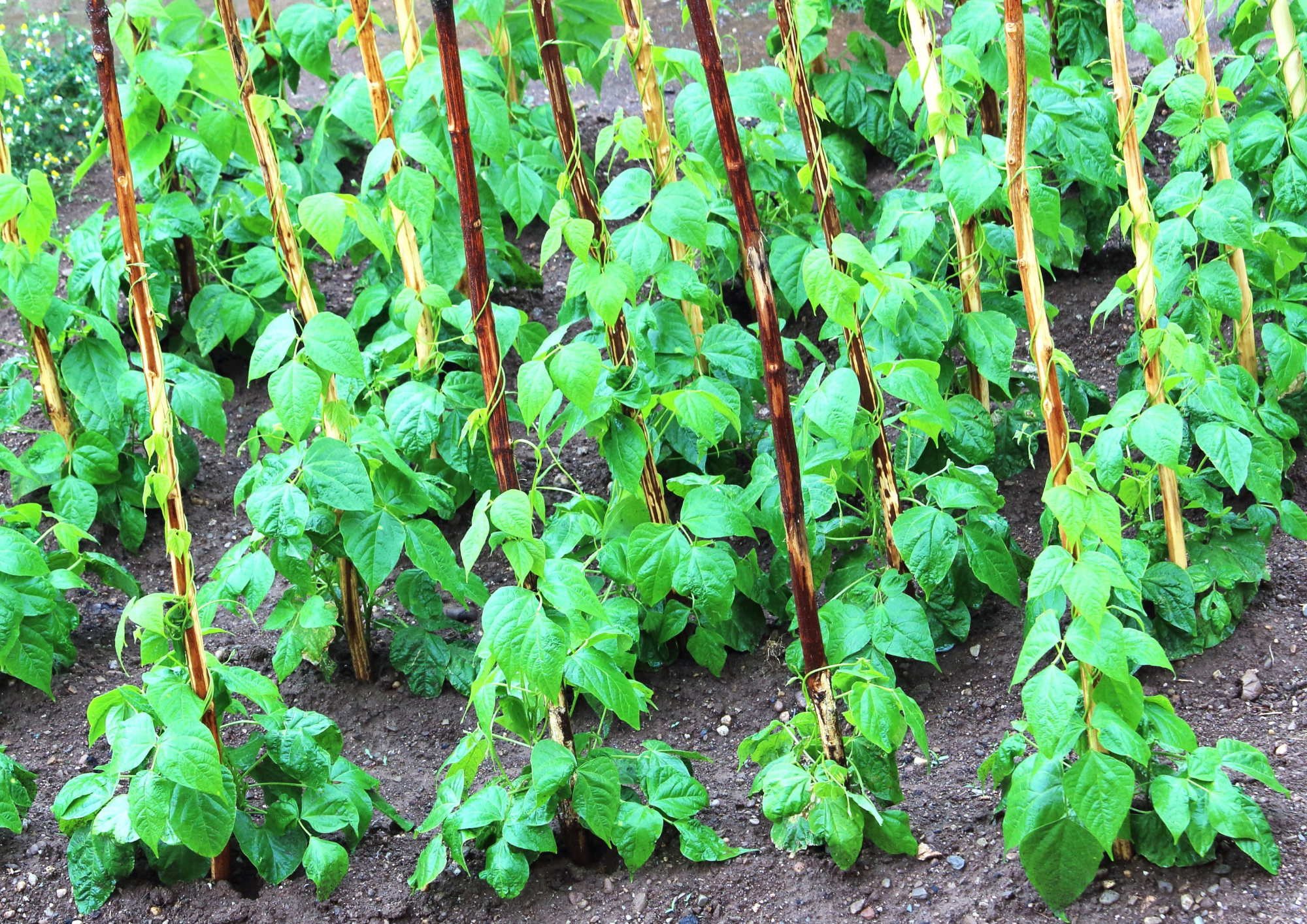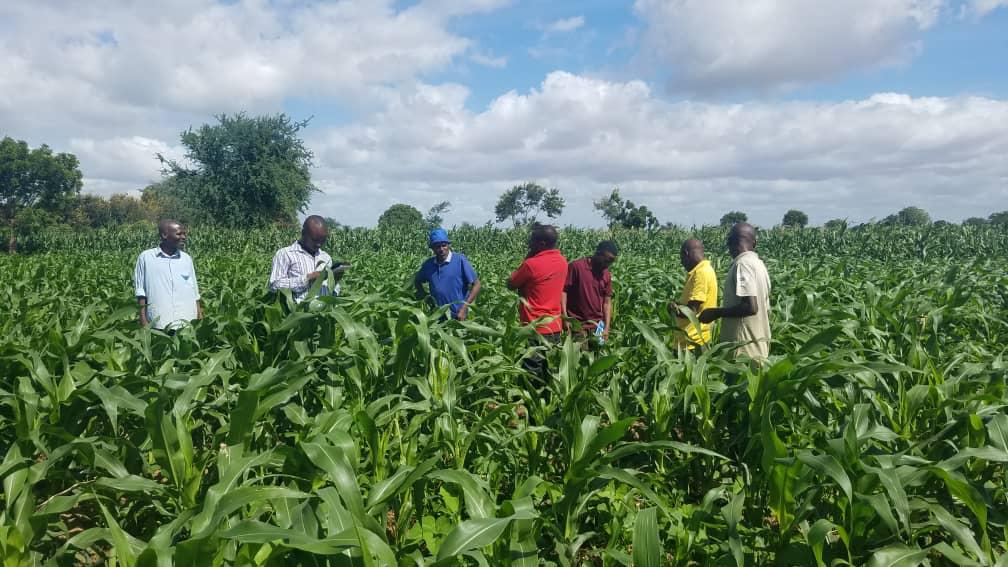
Prosper Agriculture Ltd, is a Kenyan private company established in 2020 dedicated to fostering resilience within the cereals and pulses value chains among small-scale farmers. With a core focus on agro-ecology agriculture, agribusiness, and agri-prenuership, particularly targeting youth and women, Prosper Agriculture strives to uplift communities and enhance their livelihoods.
At the heart of its mission is the promotion of soil health, recognizing it as the foundation for sustainable agriculture. By advocating for and implementing practices that improve soil fertility and structure, Prosper Agriculture aims to enhance crop yields, reduce dependency on external inputs, and ensure the long-term viability of farming systems.
“Beans are nature’s gift to us, and by cultivating them sustainably, we’re not only nourishing our bodies but also replenishing our soils and safeguarding our environment for future generations.” – David Mwangi, Environmental Conservationist, Prosper Agriculture Ltd.
(image: Rosecoco bean)
Prosper Agriculture is deeply committed to building community resilience, recognizing the interconnectedness of environmental, social, and economic factors.
By empowering farmers with knowledge, resources, and tools, the company seeks to enable communities to withstand and recover from various challenges, including climate change, market fluctuations, and socio-economic disruptions. This is made possible by formation of farmer producer groups who are trained on good agricultural practices (GAPs), agro-ecology and regenerative agriculture, post-harvest management, agribusiness and marketing.
Through strategic partnerships with both public and private entities, Prosper Agriculture has successfully implemented a range of projects aimed at promoting seed systems, enhancing production practices, adding value to agricultural products, and developing robust market systems. These initiatives have been particularly impactful in arid and semi-arid land (ASAL) counties in Kenya, where agricultural productivity is often constrained by harsh environmental conditions and limited access to resources. Prosper offers a basket of pulses and cereals to consumers which gives long term health benefits to its customers.
By championing private-public partnerships, Prosper Agriculture has been able to leverage diverse expertise, resources, and networks to address complex challenges facing small-scale farmers.
Through collaborative efforts, the company has facilitated the adoption of sustainable agricultural practices, facilitated access to markets, and empowered farmers to become active participants in value chains.
Overall, Prosper Agriculture’s multifaceted approach to promoting soil health, community resilience, and small-scale farmer impact underscores its commitment to fostering sustainable agriculture and contributing to the socio-economic development of rural communities in Kenya.

-
Supporting Rural Economies: Bean cultivation offers economic opportunities for rural communities, generating income through both local consumption and commercial markets. By supporting bean production, we contribute to the economic resilience of farming households and provide a source of employment for youth and women.
-
Promoting Food Security: By promoting the cultivation of beans, we contribute to food security by diversifying agricultural production and providing a nutritious staple crop that is accessible to communities, especially in regions prone to food insecurity and as an alternative source of protein.
“Beans have always been a part of our culture, but now, with support from Prosper Agriculture, we’re seeing their true potential. Our community is not only growing beans; we’re growing resilience, hope, and a brighter future for generations to come.” – Samuel Kimanthi, Community Leader, Tharaka Nithi County, Kenya.
-
Empowering Farmers: Through our initiatives, we empower small-scale farmers to cultivate beans as a sustainable crop, providing them with the knowledge, resources, and support they need to improve their livelihoods.
-
Enhancing Nutrition: Beans are a rich source of protein, fiber, and essential nutrients. By encouraging their cultivation and consumption, we play a vital role in improving nutrition outcomes and combating malnutrition, particularly among vulnerable populations.
“Thanks to Prosper Agriculture, I’ve been able to transform my small farm into a thriving bean-producing enterprise. Now, not only do I have enough food to feed my family, but I also earn a sustainable income that has changed our lives for the better.” – Jane Waithera, Smallholder Farmer, Nakuru County, Kenya.

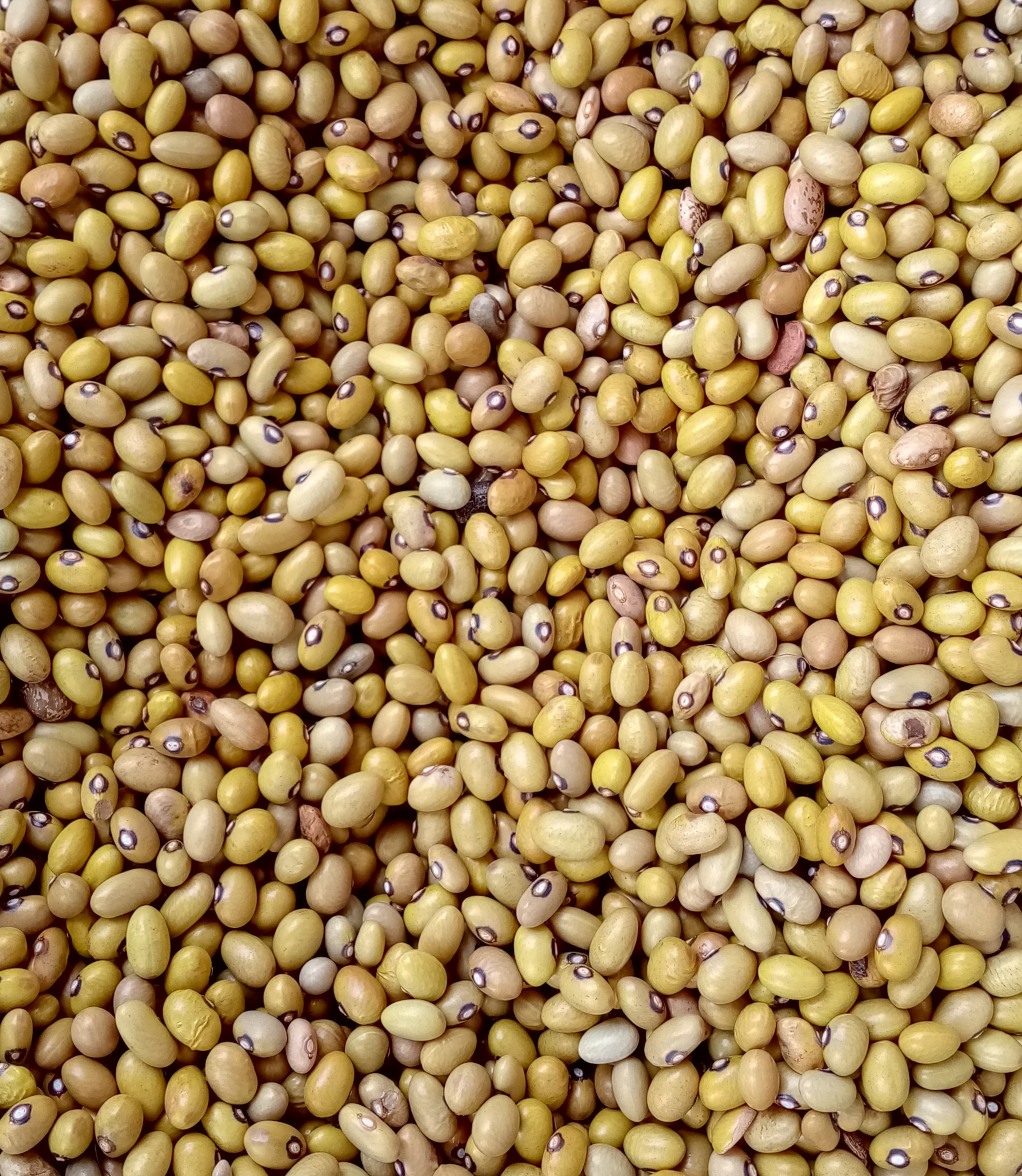
-
Increasing Environmental Sustainability: Beans are known for their nitrogen-fixing properties, which enhance soil fertility and reduce the need for synthetic fertilizers. Our promotion of beans aligns with efforts to promote sustainable agricultural practices and mitigate environmental degradation.
-
Climate Resilience: Beans are well-suited to diverse agro-ecological conditions and exhibit resilience to climate variability. By promoting beans as a climate-resilient crop, we help farmers adapt to changing environmental conditions and build resilience against climate-related risks.
(Image: yellow beans)
-
Celebrating Cultural Significance: Beans hold cultural significance in many communities, serving as a traditional staple food and integral part of culinary heritage. By celebrating and promoting beans, we honor cultural traditions while advocating for their role in sustainable diets and agricultural systems.
-
Fostering Partnerships and Collaboration: Our campaign fosters partnerships and collaboration across sectors, bringing together farmers, input companies, seed breeders, agricultural experts, policymakers, and other stakeholders to promote the cultivation and consumption of beans and achieve our shared objectives.
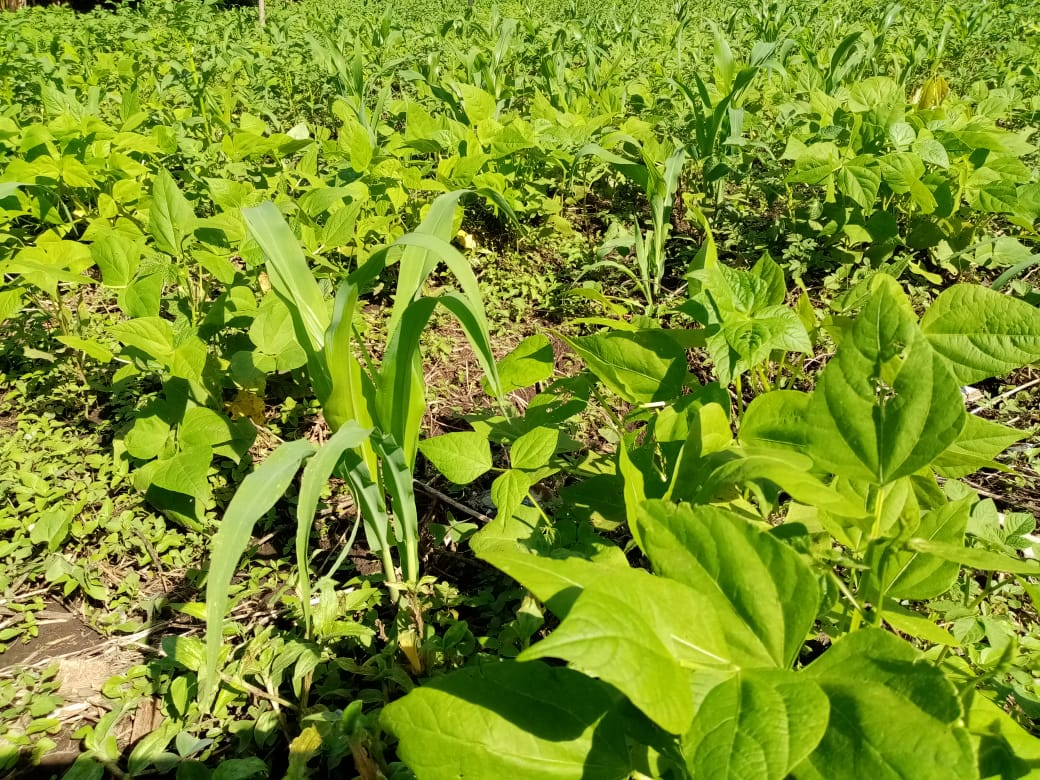
We have been able to reach the following beneficiaries:
| County | FPOs | Male | Female | Youth | Value traded (Ksh’ 000’000) |
| Kitui | 3 | 258 | 312 | 112 | 5.8 |
| Machakos | 4 | 290 | 456 | 89 | 6.8 |
| Tharaka Nithi | 4 | 342 | 532 | 199 | 13.9 |
| Embu | 2 | 217 | 478 | 126 | 8.6 |
| Nakuru | 2 | 398 | 540 | 115 | 16.9 |
| Busia | 2 | 168 | 320 | 85 | 5.7 |
| Makueni | 4 | 264 | 348 | 145 | 9.3 |
| Total | 21 | 1937 | 2986 | 871 | 67 |
By promoting sustainable farming practices and supporting smallholder farmers in cultivating beans, we can enhance soil health, increase biodiversity, and mitigate environmental degradation. Whether you’re a farmer, a consumer, or an advocate, there are actions you can take to make a difference:
-
Support Local Farmers: Choose locally grown beans to support smallholder farmers in your community. Your purchase directly contributes to their livelihoods and encourages sustainable agricultural practices.
-
Promote Agroecology: Advocate for agro-ecological farming methods that prioritize soil health and biodiversity. Encourage the use of organic fertilizers, crop rotation, and intercropping to enhance soil fertility naturally.
-
Educate Others: Spread awareness about the benefits of beans for soil health and the environment. Share information with friends, family, and community members about the importance of incorporating beans into crop rotations and sustainable farming systems.
-
Engage in Policy Advocacy: Advocate for policies that support sustainable agriculture and environmental conservation. Support initiatives that provide incentives for farmers to adopt agro-ecological practices and protect natural resources.
-
Practice Sustainable Consumption: Incorporate beans into your diet as a nutritious and environmentally friendly food choice. By consuming more beans and reducing reliance on resource-intensive foods, we can promote sustainable food systems and contribute to a healthier planet.
Together, let’s harness the power of beans to nourish our soil, protect our environment, and build a more sustainable future for generations to come.
